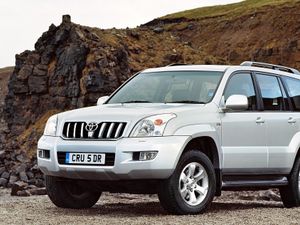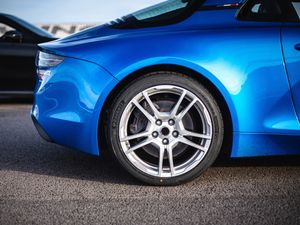Car manufacturers: The winners and losers in 2022
We look at the car firms that have cause for celebration – and commiseration
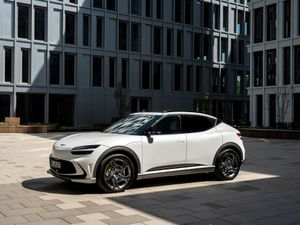
The car world remains as tumultuous as ever, with figures released today by the Society of Motor Manufacturers and Traders (SMMT) showing the new car market declined by two per cent in 2022.
So, despite more than 1.6m new cars being registered, this is the lowest annual figure recorded in almost 30 years. Some manufacturers suffered more than others, while a few brands saw impressive growth in the period. Here we look at the winning and losing car brands of 2022.
WINNERS
Genesis – up 687.40 per cent

It’s hard not to be impressed by the 687.4 per cent growth that new premium brand Genesis recorded in the UK in 2022, though it is worth taking with a pinch of salt as this South Korean brand, owned by Hyundai, didn’t start selling cars until the second half of 2021.
But nevertheless, Genesis has had a solid first full year in the UK, registering exactly 1,000 cars, and aided significantly by a flurry of new models being launched throughout 2022 – not least the important new electric GV60 that’s already accounting for the majority of its sales.
Cupra – up 89.65 per cent

Cupra split from sibling brand Seat in 2018 and ever since has been recording impressive growth. But it’s in the last few years that this Spanish brand has really come into its own, helped by the introduction of bespoke Cupra models like the Formentor and electric Born.
With 14,383 cars sold in the UK in 2022, it was up almost 90 per cent, and it’s already overtaken brands like Jaguar and Lexus, and is only set to keep growing thanks to the introduction of more affordable versions of its Leon.
Polestar – up 79.32 per cent

Polestar is another brand that’s doing well, especially considering it started selling its first cars just three years ago, and more so when you realise it currently just has a single model – the Polestar 2. The brand sold 7,345 models in the UK in 2022, with registrations up almost 80 per cent.
Offering a refreshingly different design language and approach to the buying process (it doesn’t have traditional dealers), Polestar’s fortunes are only set to grow in 2023 with the introduction of its new ‘3’ SUV.
MG – up 66.83 per cent
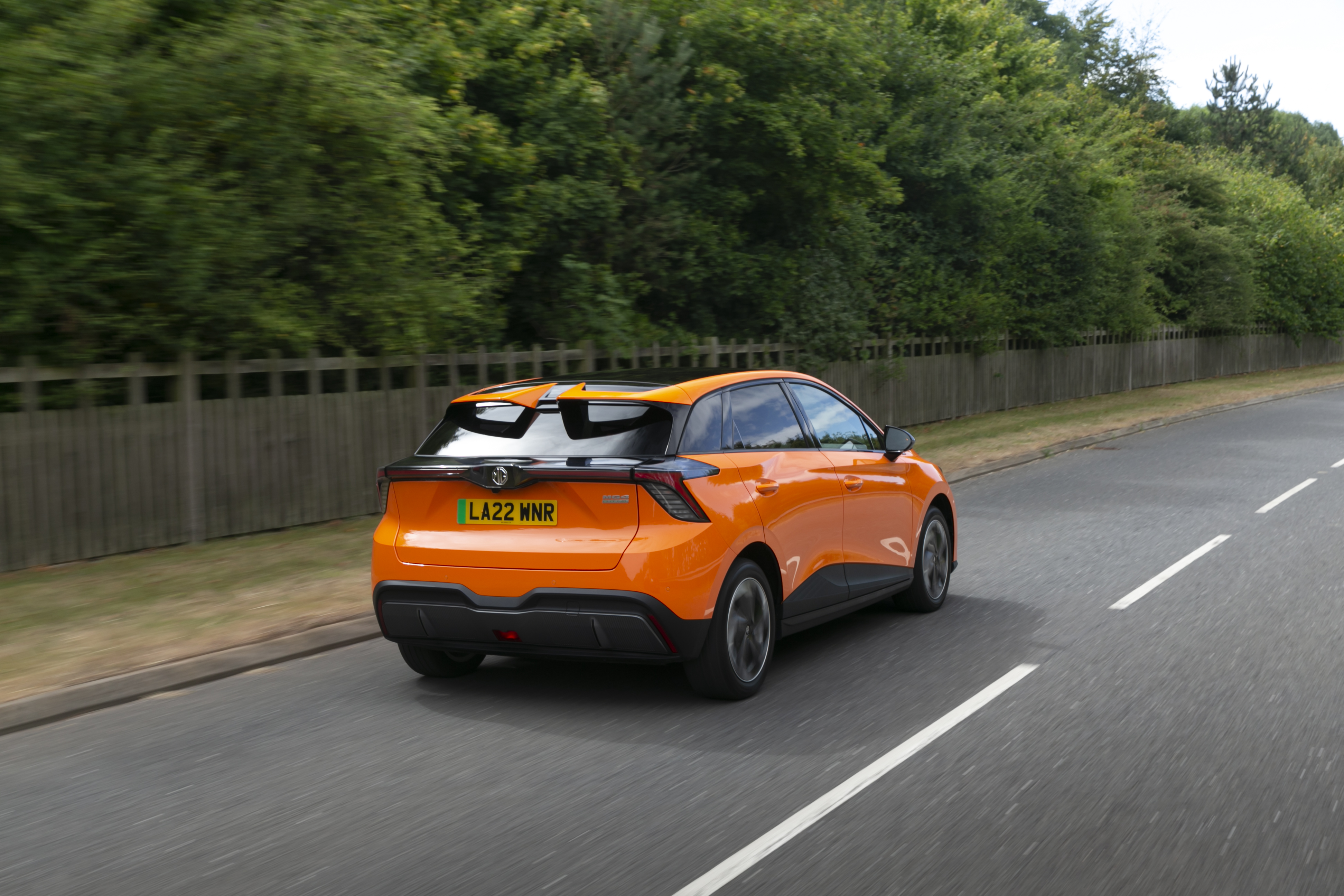
MG is a car firm that’s really found its feet in the UK, with this now Chinese-owned brand’s focus on value for money really resonating with buyers, not least when times are tough financially. With a range of models significantly undercutting the opposition, it’s no surprise MG’s sales grew by 67 per cent to 51,050 registrations.
MG now sells more cars than the likes of Skoda, Land Rover and Peugeot, and is only set to keep growing as more versions of the MG4 – one of the UK’s most affordable EVs – arrive in dealers.
Tesla – up 56.72 per cent
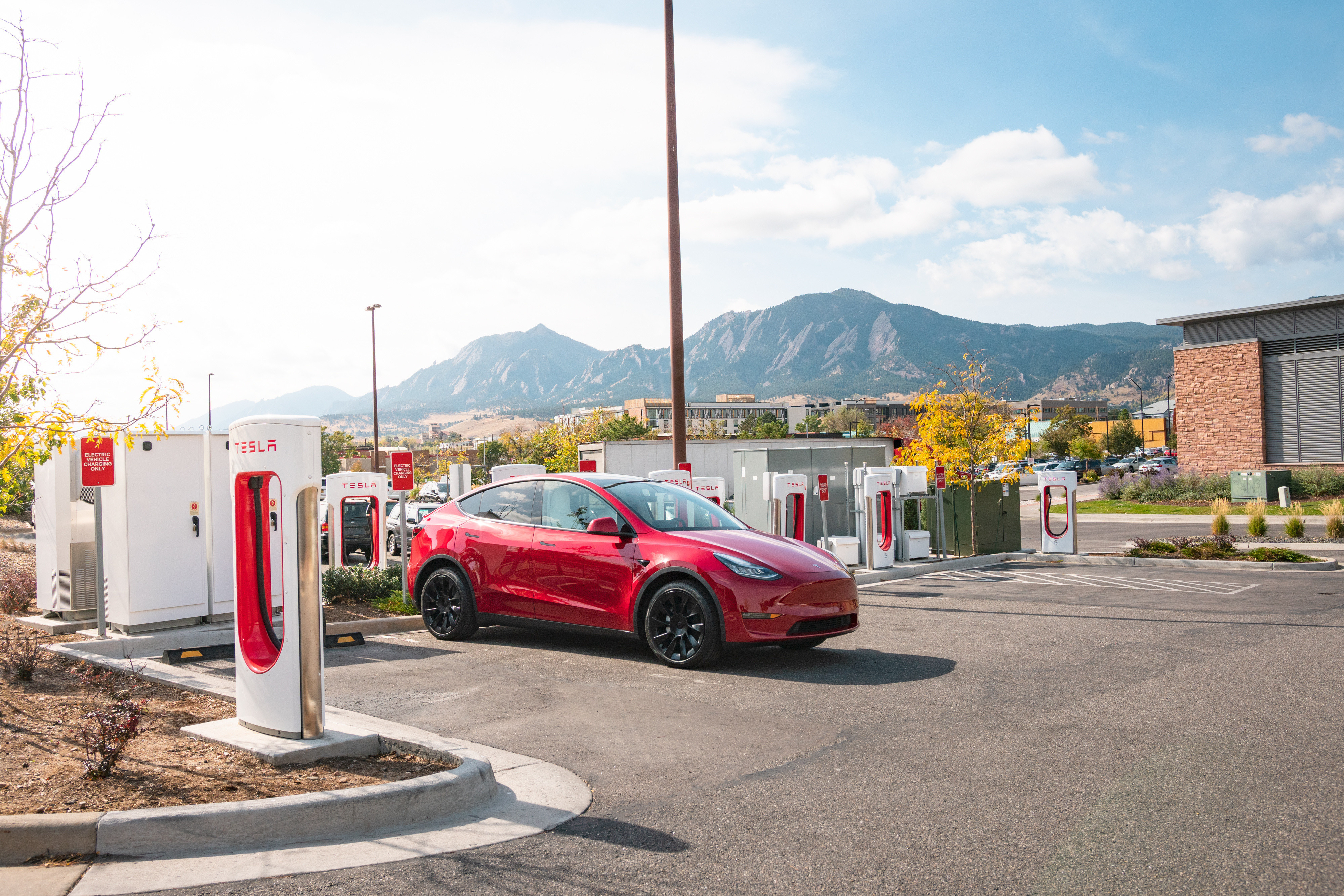
Tesla really helped to kickstart the growth of EVs, and even as its models face more competition, this American brand is still able to hold its own, with a staggering 54,622 cars registered in 2022, up 57 per cent.
It’s more considering this is only really done with two cars – the Model 3 saloon and Model Y SUV. Combined they make up more than a fifth of all electric cars sold in the UK, with the Model Y being the UK’s third most popular car overall.
LOSERS
Seat – down 48.67 per cent

But it wasn’t a good year for every brand, and at the bottom end of the spectrum with the steepest downturn is Seat, which saw its sales almost half to 22,140 registrations.
The Spanish brand is in a bit of a stagnant period, with an ageing model line-up and currently no hybrid or electric versions at all. There’s very little in the pipeline from Seat in 2023, either. There is a rumour that the brand will almost dissolve into Cupra, which seems even more likely with these kinds of figures.
Jeep – down 43.42 per cent

While Jeep is very successful in other markets – including the US and Italy – here in the UK it’s small fry, and more so in 2022 when it registered just 2,525 cars overall, a sharp 43 per cent drop.
Models like the Renegade and Compass are well off the pace of rivals, even after being updated. The brand may hopefully see some improvement in 2023, with the arrival of its flagship Grand Cherokee, as well as the compact Avenger, which will be its first electric model.
Jaguar – down 35.53 per cent

Things are quite convoluted at Jaguar at the moment. In 2021 it axed well-advanced plans for an electric XJ flagship, while it didn’t help when Jaguar Land Rover’s CEO Thierry Bollore resigned in November 2022, with no successor yet announced.
While Jaguar has previously said it will become an electric brand in 2025, there are no concrete plans detailed yet, and with a line-up of ageing models, that’s reflected in its poor 2022 performance, with 12,165 models sold, a 35 per cent fall.
Subaru – down 33.98 per cent

Subaru is a brand that continues to struggle in the UK, with the firm registering just 1,391 cars throughout 2022 in the UK, representing a 34 per cent fall.
Though the Japanese firm has quite a loyal audience, it struggles to attract new buyers, despite its focus on SUVs and safety. This year will see the full introduction of its first EV – the Solterra, a model developed alongside Toyota – which may see fortunes improve slightly.
Abarth – down 33.88 per cent

Abarth is a brand that’s done pretty well out of modifying Fiat 500s over the past 15 years, but things slowed in 2022, when the brand registered just 1,544 models – a 34 per cent fall on the year earlier. Its 595 and 695, while still great fun to drive, are starting to feel very old, and aren’t as cheap as they once were.
However, in 2023 Abarth is reinventing itself with the launch of its first sporty EV based on the new Fiat 500, with the firm promising lots of fun behind the wheel, and may help it to grow.


